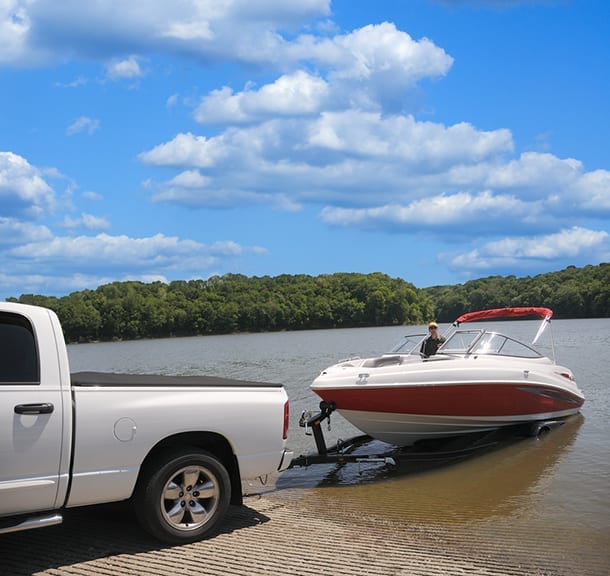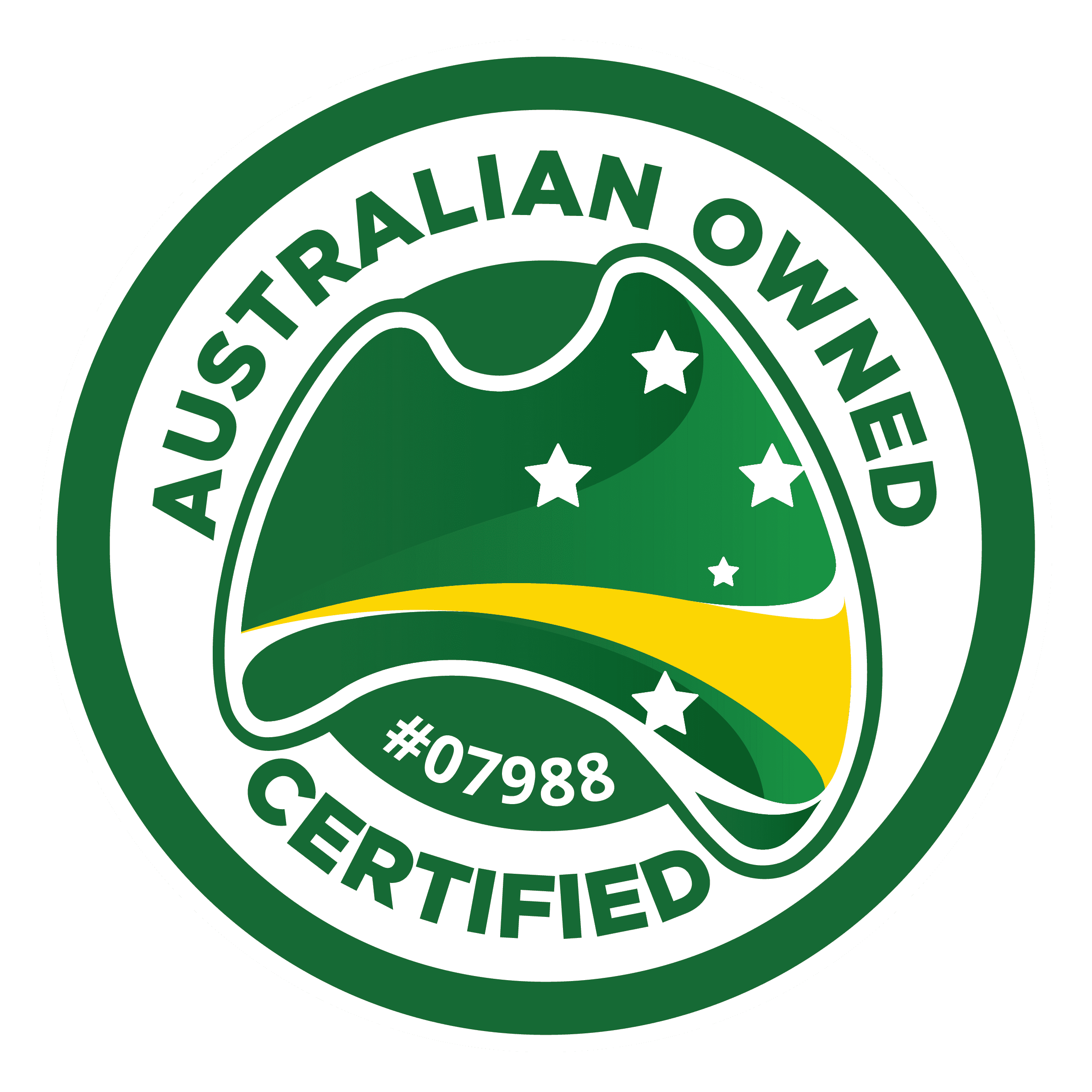
What you need in a tow vehicle
Whether you’re planning the ultimate fishing trip in the boat, loading up the trailer with soil for the yard, or spending some time travelling in the caravan, you’ll need to tow. That’s why choosing the right car and the right car loan will be key in determining the safest and the most cost effective way to ensuring against any towing activities.
One of the most important considerations is the towing capacity of the vehicle. This is usually found in the owner’s manual and is the maximum weight the vehicle can tow. If it is not stated, the unladen weight of the vehicle can be used to calculate towing capacity. If the trailer being towed is not fitted with brakes, the towing capacity is assumed to be equal to the unladen weight. If the trailer is fitted with brakes, the towing capacity is 1.5 times the unladen weight. Although your car may be able to get enough power to pull a trailer and load heavier than the towing capacity, the brakes will simply not be effective and be unable to stop the weight of the vehicle and trailer. It is also likely that whatever is being towed will sway at high speeds which can make it nearly impossible to keep the vehicle on the road.
When considering the towing capacity of the vehicle, it is also important to note if the manufacturer has recommended a specific towing speed. For some vehicles, the maximum speed when towing will be restricted. This speed limit may be applicable in any instance that the vehicle is towing or many only be when the trailer weight exceeds a certain mass. This information should also be listed in the manual otherwise you may need to get in touch with a dealer. In most cases the speed is restricted to 80km/h when the vehicle is towing. If you plan on travelling long stretches of highways, this would be very limiting and frustrating.
Another important specification is the maximum tow ball load. This will also be found in the owner’s manual and is typically measured in kilograms. It is usually around 10% of the maximum towing capacity however may be less or more depending on where the vehicle was made. For example, European vehicles tend to have quite low maximum ball loads. If you already own a trailer or caravan, the amount of weight distributed to the tow ball will be specified by the manufacturer. If the maximum tow ball load is exceeded, this will put extra stress on the rear suspension, structure and brakes as well as risking engine wear over long distances.
Although strongly debated in caravan parks around the country, it is generally accepted that diesel engines are better than petrol for towing. Not only do diesels tend to have better fuel efficiency, they also provide greater torque and horsepower at lower revs. This is important for towing because wheel spinning is much less likely and the extra power delivered gives more control over the vehicle when trying to manoeuvre a heavy load. Also, if you intend to tow a caravan on Australia wide adventures, you will have no difficulties with the availability of diesel due to the demand from road trains, trucks and other machinery.
The best transmission type is also a hot topic however there are many recognised benefits of having an automatic vehicle for towing. Automatic transmissions allow the driver to have more control over the vehicle in high risk driving situations such as rough terrain or bad weather simply by reducing the extra demands of changing gears. Some cars also have sports mode or winter mode which allow low gears to be held for longer or first gear to be missed entirely. This helps to prevent wheel spin, increase safety and improve manoeuvrability. An automatic will also resist rolling backwards when in drive which is particularly useful if you need to stop on a hill and eliminates excessive wear and tear on the clutch. However, it may be worthwhile investigating additional or upgraded transmission cooling systems if towing for long distances or for long periods of time to reduce the risk of overheating under load.
Finally, having an all-wheel or four-wheel drive tow vehicle is a wise move. Although towing with a 2wd vehicle is possible and usually more fuel efficient, they are particularly sensitive to uneven weight distribution and traction on slippery surfaces is an issue. For instance if traction was lost towing a boat out of the water on a boat ramp, it would be extremely difficult to regain control in a two-wheel drive and the entire rig can end up in the water. All-wheel and four-wheel drives provide better traction in these circumstances and better control over the tow. A four-wheel drive offer extra ground clearance and low range which is particularly useful for rough terrain and to save the clutch, transmission and drive train from overworking.
So in summary, the best tow vehicle will have the following features –
- Maximum towing capacity greater than what you plan to tow fully loaded
- Adequate tow ball load capacity for your rig
- Automatic
- All-wheel or four wheel drive
If you’re interested in buying a vehicle for towing but not sure where to start or what you can afford, contact one of our experienced car finance brokers. Our staff have personal experience with towing caravans, boats, trailers, horse floats, and more and would love to chat with you about your car and finance needs.

